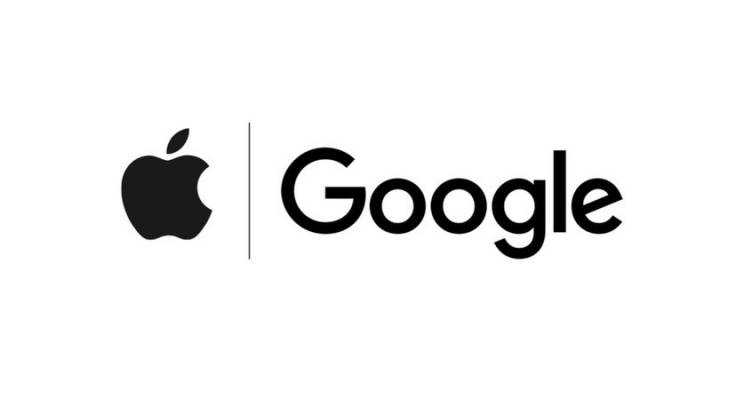Surveillance via Smartphone: The Unseen Eye in Your Push Notifications
- Grace Lee
- 07 Dec, 23

In a digital age where our smartphones are extensions of our personal lives, U.S. Senator Ron Wyden sheds light on a startling privacy concern. His recent correspondence with the Justice Department highlights a clandestine surveillance tactic used by unnamed governments: spying through the push notifications of Apple and Google phone users. This letter follows an alarming tip his office received last year and raises critical questions about the balance between national security and individual privacy.
Wyden, a member of the Senate Intelligence Committee, states that foreign governments have been pressuring Apple and Google to hand over push notification records. These notifications, which we receive daily for messages, updates, and news, travel through the servers of these tech giants, placing them in a potentially compromising position. While it's understood that user data is a trove of intelligence, the fact that push notifications could be a tool for government surveillance is unsettling for many.
The implications of this are profound. Push notification data can reveal which apps a user interacts with and the timing of these interactions. In some cases, the content of these notifications, while encrypted, could potentially expose sensitive information. Wyden's letter underscores the secretive nature of these demands and the inability of companies to disclose such government requests, even to the individuals directly affected.
In a bid for greater transparency, Wyden calls on the Justice Department to reassess policies that prevent companies like Apple and Google from informing their users about these requests. He argues for the companies’ rights to disclose the existence and extent of government demands, to include aggregate statistics in transparency reports, and to notify specific customers about requests for their data, barring any legal gag orders.
The tech giants themselves recognize the gravity of the situation. Apple and Google have responded, committing to transparency and outlining their efforts to report such requests. Apple, hindered by federal restrictions from divulging any information thus far, plans to include these requests in its upcoming transparency report. Google aligns with Wyden's stance on user notification and has been a forerunner in publishing transparency reports detailing government data requests.
Wyden's initiative brings a critical issue to the fore. In an era where personal data is both the currency and the weapon of choice in the digital realm, the quest for transparency and individual privacy rights is increasingly urgent. As we navigate the murky waters of technology and surveillance, the actions of companies and governments alike will shape the future of privacy in a connected world.











